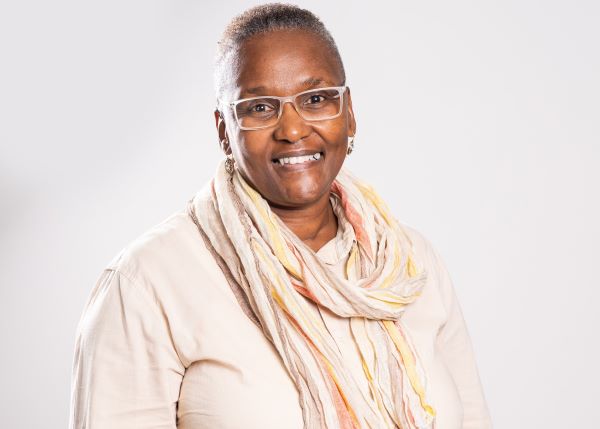By Lisa Witepski
Farming is known to be a difficult industry, but emerging farmers typically face greater challenges than their established counterparts, with red tape and moribund processes presenting a significant obstacle to market access. That’s why Yolanda Klow, owner of Queens Nest Farms, says that emerging farmers must create their own opportunities.
Yolanda has been following her own advice since she registered her 22 hectare farm located in Tarlton, in 2020. At the time, she had been managing a butchery, however, when the Covid pandemic forced its closure, she realised she had to look to other avenues for income.
The answer came in the form of eggs. “There was always enormous demand for eggs from our customers at the butchery – not surprising, when you consider that they are a convenient, inexpensive form of protein,” Yolanda says. While at the butchery, she had satisfied this demand by purchasing eggs from small farms, but once the shop had closed, she decided to use her own resources.
As luck would have it, Yolanda already had a starting point: in 2018, she had purchased a farm, “because farming is in my blood”. “My grandmother was a farmer, working with chickens, pigs and dairy cows, and as children, my siblings and I would spend every holiday with her. It was my happy place; I love the peace of a farm.”
A farm might be peaceful, but trying to break into the industry brings an enormous amount of stress, as Yolanda was to discover. “When we started out, there was no water supply on the farm. We had to source water from our neighbours. We tried to overcome this by drilling for a borehole, but our first attempt came up dry. Luckily, we were more successful the second time around, but by this time, we were financially stricken.”
Loadshedding was another problem, and Yolanda’s family agreed to install the solar panels from their own home at the farm to ensure it kept running.
These difficulties were initially offset by the success of the egg business. Queens Nest Farm started out supplying eggs from Yolanda’s brood of 2 400 hens to customers in both the formal and informal markets, and demand was encouraging. “Although it was a tough time for South Africans from an economic perspective, people will always need to eat,” Yolanda says.
Even so, the rising cost of chicken feed placed pressure on the business, and so she decided to diversify by introducing crops to the farm. This turned out to be no simple exercise, as Yolanda wanted to convert to organic farming. “I was concerned by reports of the rising incidence of cancer and other diseases, especially among young people. The chemicals in our food clearly play a role here, and I wanted to provide a solution. Plus, organic farming is better for the land. There are so many farms that are no longer productive because the soil has been damaged by the prolonged use of chemicals.” After a long period of trial and error, and a steep learning curve, Queens Nest is currently undergoing organic certification.
Yolanda is extremely proud that the farm will be supplying retailers like Boxers and Pick n Pay – and proud, too, that she is helping to educate the industry about the importance of embracing organic farming. She explains that her team has been given the distribution rights for Bio Humix, an organic liquid fertiliser, and she is eager to educate her industry peers about the benefits of this product. “We’ve noticed a great improvement in our own produce; it’s phenomenally sweet and truly delicious. But more than this, we’re contributing to the sustainability of our land.”
It hasn’t been easy to reach this point, Yolanda admits. Apart from following an arduous process to have Bio Unique registered by the Department of Agriculture and fighting through bureaucracy to see her products placed on shelves, as a female farmer, other stakeholders often regard her with scepticism. “But I am resilient person. No matter what challenges I face, I am ready to do whatever it takes to make this business grow,” she promises.








